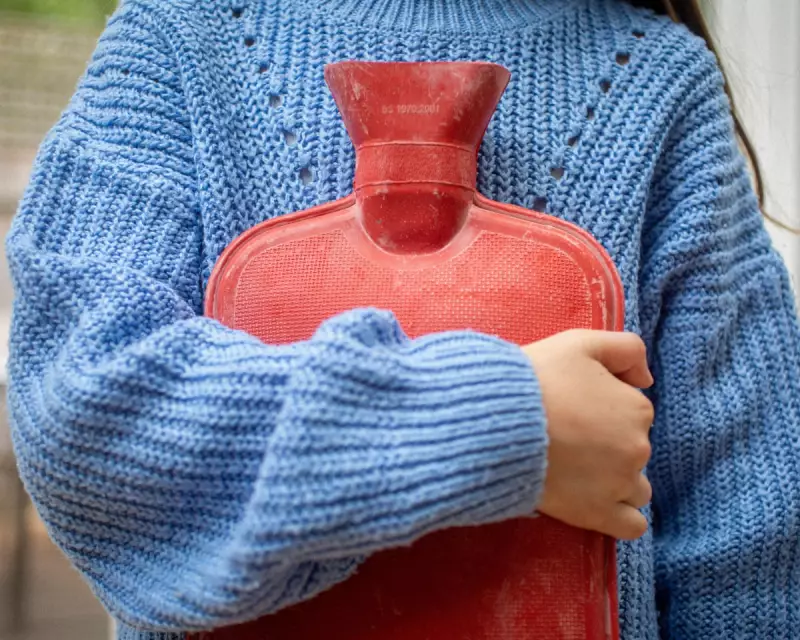
Britain is facing a child poverty crisis of staggering proportions, and at the heart of this emergency sits a single policy: the two-child benefit limit. New analysis reveals the devastating human cost of this controversial measure as calls grow for its immediate abolition.
The Harsh Reality of the Two-Child Limit
Introduced in 2017, the policy restricts child tax credit and universal credit to the first two children in most families. What was once theoretical is now painfully real – over 1.6 million children are currently affected, trapped in families denied support purely because of their birth order.
The numbers tell a grim story. Nearly half of all children in families subject to the limit now live in poverty. That's approximately 750,000 young lives being shaped by deprivation from their earliest days.
Why This Policy Fails Britain
Three fundamental flaws make the two-child limit particularly damaging:
- It punishes children for being born – creating an arbitrary cutoff that leaves third and subsequent children without adequate support
- It disproportionately affects larger families who were already more likely to face financial hardship
- It ignores changing circumstances – families who were financially stable when having more children can find themselves in crisis due to job loss, illness, or separation
The Growing Cross-Party Consensus
Opposition to the policy is no longer confined to traditional anti-poverty campaigners. Senior Conservative MPs have joined Labour, the Liberal Democrats, and the Scottish National Party in calling for reform. Even the Church of England has condemned the measure as "morally unjustifiable."
This unusual alliance recognises what the evidence clearly shows: the policy isn't working as intended and is causing measurable harm to the most vulnerable in our society.
The Human Cost Behind the Statistics
Behind every statistic is a real family making impossible choices. Parents skipping meals to feed their children. Children going without warm winter coats or proper school shoes. The constant stress of financial insecurity affecting mental health and family relationships.
Research consistently shows that childhood poverty has lifelong consequences – affecting educational achievement, health outcomes, and future earning potential. We are storing up problems for the future while failing children in the present.
A Solution Within Reach
Scrapping the two-child limit would immediately lift approximately 250,000 children out of poverty and reduce depth of poverty for another 700,000. While the £3 billion annual cost seems substantial, it represents an investment in Britain's future that would pay dividends for decades to come.
As one of the few developed nations with such a restrictive policy, Britain stands at a crossroads. We can continue down the path of punishing children for their family circumstances, or we can choose compassion and common sense.
The message from anti-poverty organisations, religious leaders, and an increasing number of politicians is clear: the two-child benefit cap must go, and it can't happen soon enough.





